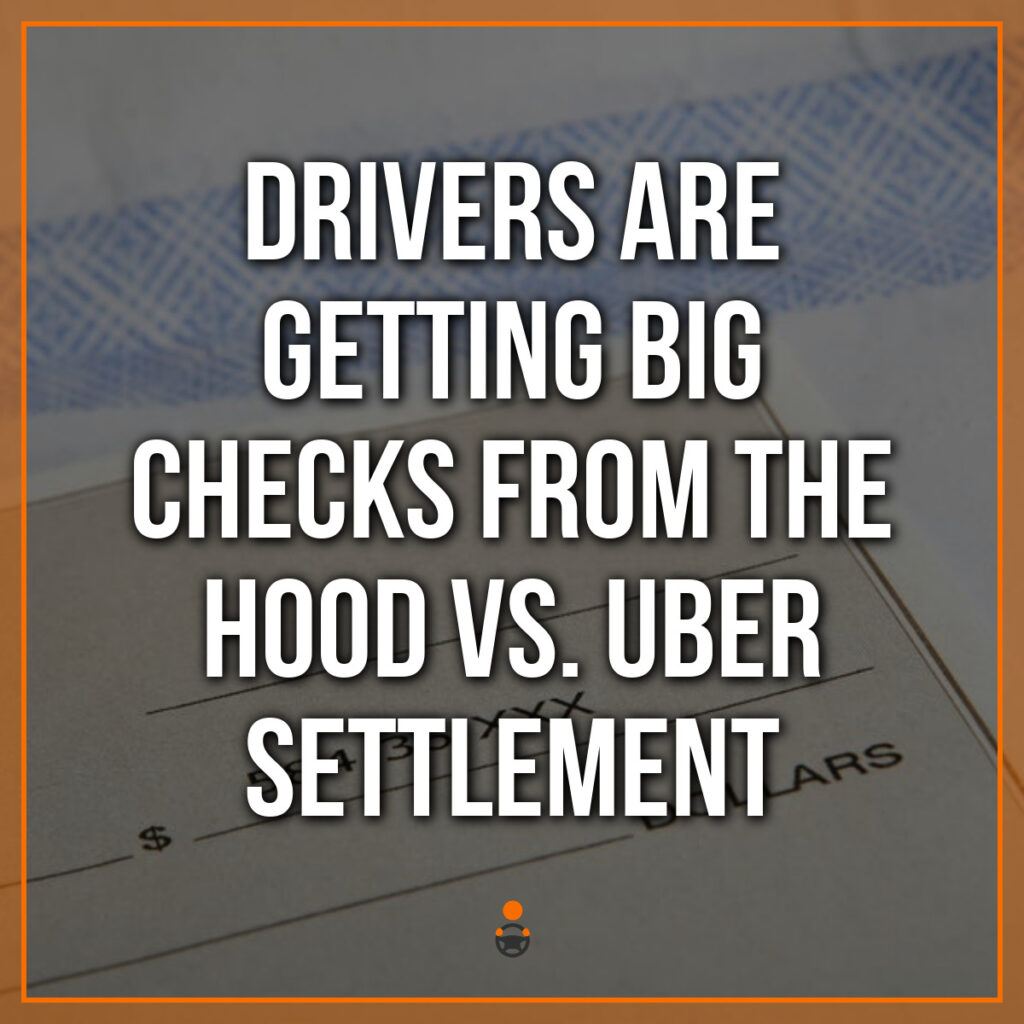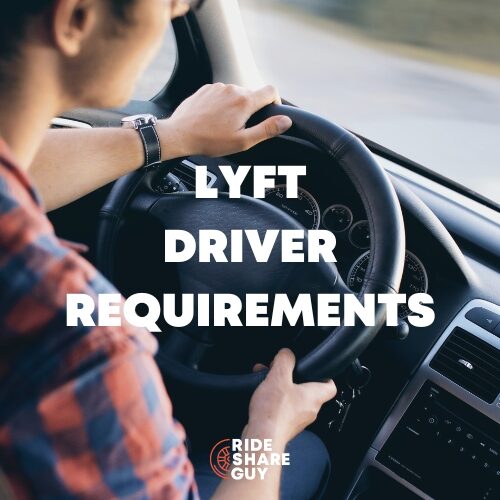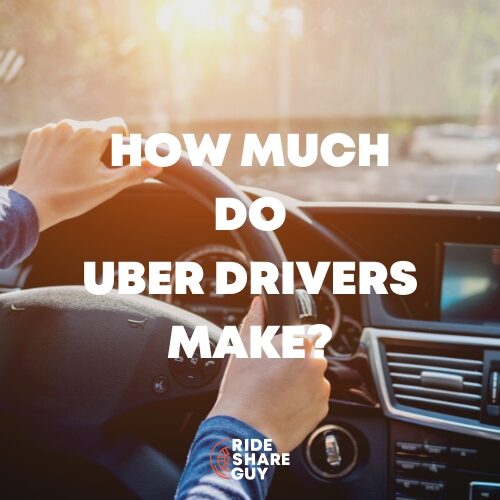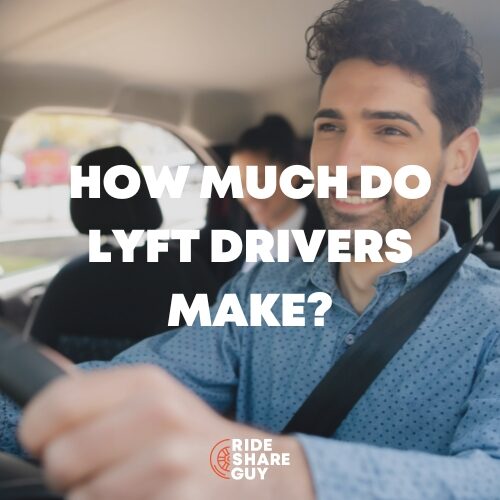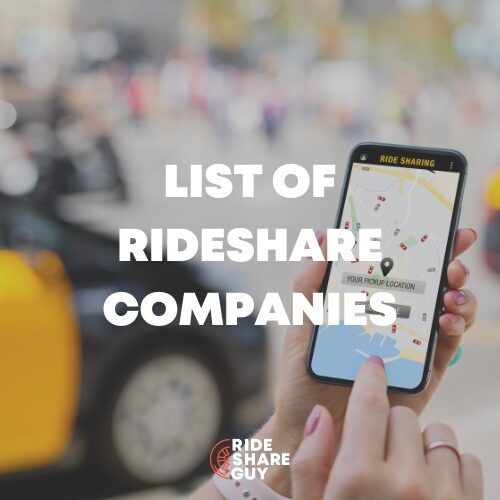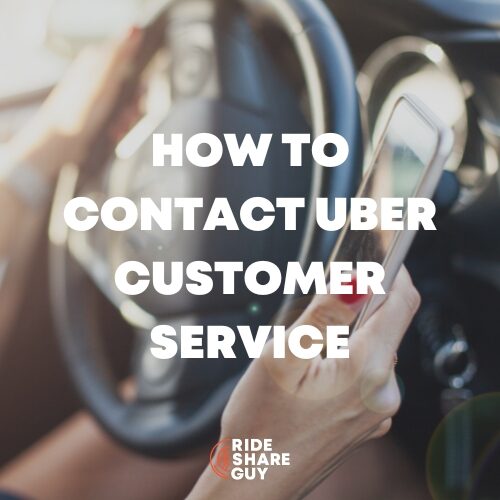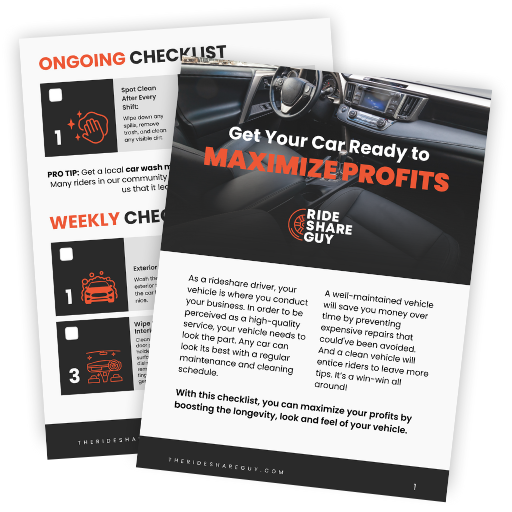There are a variety of Uber lawsuits out there, but one that has wrapped up relatively recently is Hood vs. Uber. Below, senior RSG contributor Paula Gibbins outlines the Hood vs. Uber settlement, its terms, and the types of payouts drivers can expect to see.
It’s not all that uncommon to try to sue Uber, but there’s one settlement in particular that has a lot of attention, because the drivers won. It’s Hood vs Uber, and today we’re going to break down what the settlement entailed, what drivers are getting and we’ll answer some frequently asked questions about it.
Hood vs Uber Settlement
It all started with driver Michael Hood, who claimed he’s worked for less than $2 per hour after expenses for Uber. His argument is that Uber unlawfully designates drivers are independent contractors instead of employees and therefore can get away with wages that are well below minimum wage in his state of North Carolina.
US District Judge Catherine Eagles ruled that it be a conditional collective action suit, meaning drivers would have to opt-in, not opt-out, of the suit. The suit is filed under the Fair Labor Standards Act (FLSA). A claim under the FLSA provides protection for overtime and minimum wage, according to Shannon Liss-Riordan, the lawyer representing drivers in the O’Connor suit currently being determined in California. Opt-in here: https://www.uberlitigation.com/Login.
In Hood vs Uber, drivers all over the country who had opted out of arbitration were eligible to join the case. A total of 5,200 Uber drivers did so and were able to bank on the settlement. According to several drivers on Uber forums, these checks have already started to arrive.
Terms of the Settlement
“The settlement agreement provides that a settlement administrator will send each class member who agreed to participate in the lawsuit a letter notifying them that Court has approved the settlement and dismissed the case, along with a check for the class member’s share. Doc. 425-2 at 9–10, 137. Under the agreement, Uber will pay a maximum gross settlement amount of $1,304,250. Id. At 4. Of that total, the parties agreed that $734,294.74 (56.3%) would go to class plaintiffs that have opted in, $434,750 (33%) would be paid in attorney’s fees, and $90,205.26 (6.9%) would go towards litigation expenses. Id. At 5–6. Of the remaining 3.5%, the parties agreed that $5,000 would compensate the named plaintiff for his assistance to the case and $40,000 would compensate the settlement administrator. Id.”
A total of $734,294 will be doled out to the drivers who opted into the suit. It’s not going to be evenly distributed among the drivers. Instead, “Each class member will receive a payment based on the hours worked and expenses incurred.”
According to driver accounts, payout amounts have ranged anywhere from around $100 to $500 and up.

Did you get a Hood vs Uber payout? Let us know how much you received in the comments below!
Congdon vs Uber
Another settlement that recently came to an agreement is the Congdon vs Uber suit in Northern California. The premise for it was based around a Safe Ride Fee that Uber implemented and started taking out of minimum fare rides. The argument was that it was detrimental to the drivers and causing financial harm.
Of course, Uber did not agree with these claims. It was not something the drivers needed to opt into. Instead, they would have to choose to opt out of it if they did not want to be involved in the lawsuit.
The case was settled in March of 2019. It covers about 11,000 drivers in California, 2,600 in Massachusetts, and the total amount settled upon was $20 million. After attorney fees, the drivers, on average, would expect to receive around $2,206 apiece. According to drivers on an Uber forum, they started receiving their checks October 2019.
FAQ
Does the outcome of Hood vs Uber affect other cases, such as the O’Connor class settlement?
“Hood was a separate case from ours [the O’Connor class settlement] and cashing that check has no impact on participating in our case,” said a representative of that case.
How much will each driver receive?
The amount is determined by the hours worked and expenses incurred, according to the settlement agreement. On average, the drivers who opted in will receive about $140, but the amounts can range anywhere from $50 to almost $5,000.
Is it too late to opt in?
At this point, yes. The case has been dismissed and settlement has been determined based on the drivers who had already opted in during the open period in which drivers were allowed to opt in.
Will drivers be negatively affected by this? Can Uber punish them in any way?
Per the settlement agreement, Uber cannot retaliate against class members for joining the lawsuit.
What about drivers who used to work for Uber but don’t anymore for other reasons?
Those drivers with deactivated accounts or accounts with limited use (not fully defined in the settlement what that means exactly), who received money from this settlement are asked not to apply to work for Uber again.
Which states were part of this settlement?
Any driver in any state could have opted into the settlement as long as they opted out of arbitration before opting into this settlement.
When did this all start?
It started with a driver named Michael Hood in North Carolina in July 2016. Hood claimed he was earning, on average about $6 an hour. Keep in mind, this was also back when Uber claimed to only take 20% of driving earnings and riders had the perception that tips were included in the fares without Uber paying the drivers anything extra on top of the stated per mile and per minute rates. Obviously, things are a little different now overall, but there’s still the question of whether Uber should consider its drivers employees versus independent contractors.
Was It Worth It?
This can only really be answered by the drivers involved, but in my opinion, it wouldn’t have been worthwhile to receive a measly $50 or even $140. That’s not enough to make a difference in most people’s lives. That’s groceries for the week, not even a full car payment.
However, that’s not to say that it doesn’t better the case for other claims where people are arguing that drivers should be considered employees instead of independent contractors. The more cases like this where the drivers win, the harder Uber will have to take a look at its business model and see if there’s room for improvement and changes.
Drivers, have you received any checks from this settlement or other settlements? What do you think of these cases?
-Paula @ RSG
